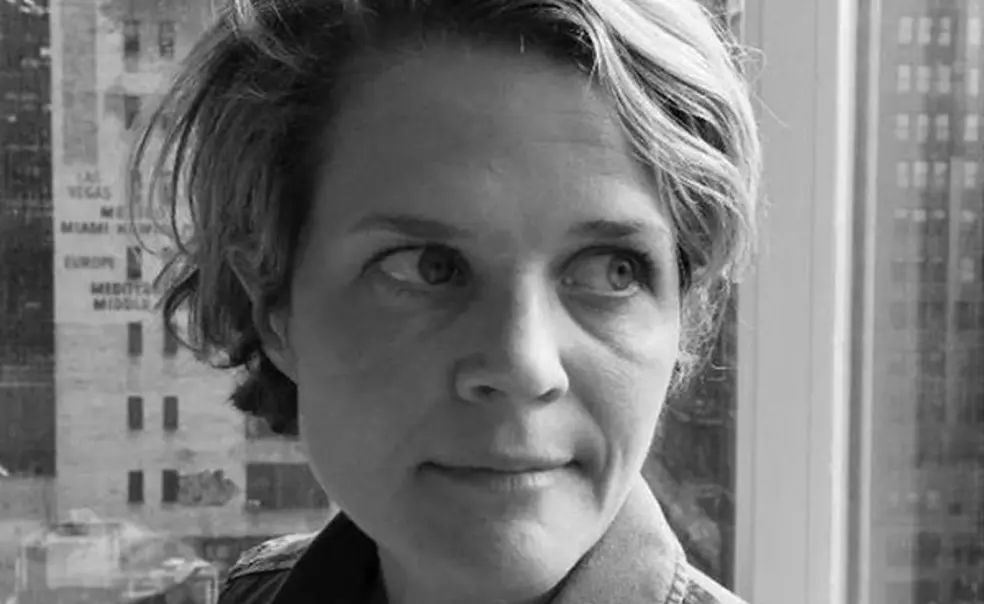Pulitzer Winner Eliza Griswold ’95 Follows Stories That Need To Be Told
Author Eliza Griswold ’95, winner of this year’s Pulitzer Prize for nonfiction, said that she “got into journalism by accident.” After graduating from Princeton with an English degree, Griswold worked at a literary agency in New York City. One of her jobs involved sending royalties to agency authors, showing her that writers could, in fact, make a living for themselves.
“I never considered that I could actually support myself by being a writer,” Griswold said. “I didn’t think that was a viable future.”
She started off writing book reviews for Vogue, and poetry on the side. She worked as an assistant for George Plimpton, a founder of The Paris Review, who introduced her to participatory journalism. While she was working at Vanity Fair, a staff member at Human Rights Watch told her about a spate of honor killings in Jordan and the West Bank. Griswold decided to quit her job to go report on the ground. “I really thought this story had to be told,” she said. “I had never heard anything like it. I was living in my parents’ guest room, paying no rent, so I saved up my money and my vacation time and headed off for Jordan and the West Bank.” She wrote an article on spec for The New Republic, launching her freelance career.
“I’m part of a whole generation of freelance journalists and nonfiction writers who really got our start around 9/11,” Griswold said. Her reporting eventually led to her first book, The Tenth Parallel: Dispatches from the Fault Line Between Christianity and Islam (Penguin Books, 2011). Griswold continued writing poetry, publishing Wideawake Field in 2007 and I Am the Beggar of the World, translated Afghan women’s folk poems, in 2014. For her most recent book, Amity and Prosperity: One Family and the Fracturing of America (Farrar, Straus and Giroux), she spent seven years reporting on fracking in Appalachia. The book earned the 2019 Pulitzer winner in the general nonfiction category on April 15. (Alumnus Carlos Lozada *97 of The Washington Post also won a Pulitzer this year, for criticism.)
Griswold, a contributing writer at The New Yorker, is currently a distinguished writer in residence at New York University teaching graduate-level courses at the Arthur L. Carter School of Journalism (The author of this piece, Nina Bahadur ’12, is one of Griswold’s students). Her class this semester, which focuses on reporting social justice issues and resistance movements, covers topics like climate change, the opioid crisis, and #MeToo.
Her second collection of poetry, If Men, Then, will be published by Farrar, Straus & Giroux in 2020. Griswold credits writing her poetry thesis at Princeton for giving her the space to do creative work. “I was able to imagine myself as a poet, as a writer, in a way that I wouldn’t have been able to do otherwise,” she said.












No responses yet